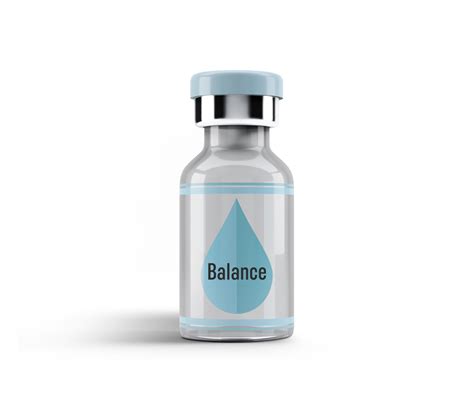For peak men’s performance, what are science-backed strategies to boost testosterone naturally?

Testosterone, often hailed as the cornerstone of men’s health, plays a pivotal role far beyond muscle mass and sex drive. It influences energy levels, mood, cognitive function, bone density, and overall vitality. While synthetic treatments exist, many men seek natural, science-backed strategies to optimize their testosterone levels for peak performance and well-being. This article delves into actionable methods proven to naturally boost this crucial hormone.
Optimize Your Nutrition for Hormone Health
What you eat profoundly impacts your hormonal balance. A diet rich in whole foods, healthy fats, and adequate protein is fundamental. Saturated and monounsaturated fats (found in avocados, olive oil, nuts, and red meat) are crucial for testosterone production. Cholesterol, derived from these fats, is a precursor to testosterone. Conversely, excessive processed foods, sugar, and unhealthy trans fats can negatively affect hormone levels and overall metabolic health.

Furthermore, specific micronutrients are non-negotiable. Zinc, found in oysters, red meat, and pumpkin seeds, is vital for testosterone synthesis and preventing its conversion to estrogen. Vitamin D, often called the “sunshine vitamin,” functions as a steroid hormone in the body and is strongly linked to testosterone levels. Ensuring adequate intake through diet, sunlight exposure, or supplementation (under guidance) is critical.
Embrace Strength Training and High-Intensity Exercise
Regular physical activity is a potent natural testosterone booster, with strength training leading the charge. Compound exercises like squats, deadlifts, bench presses, and rows, which engage large muscle groups, stimulate the greatest hormonal response. Aim for 3-4 sessions per week, focusing on progressive overload. High-Intensity Interval Training (HIIT) has also shown promise in increasing testosterone, particularly due to its acute hormonal spikes and fat-burning effects, which indirectly support testosterone production.
Prioritize Stress Management and Quality Sleep
Chronic stress is a testosterone killer. When you’re constantly stressed, your body produces elevated levels of cortisol, a hormone that directly suppresses testosterone synthesis. Implementing stress-reduction techniques such as meditation, yoga, mindfulness, deep breathing exercises, or simply spending time in nature can significantly mitigate this effect. Creating a calm environment and dedicating time for relaxation are crucial for hormonal equilibrium.

Sleep is equally paramount. The majority of your daily testosterone production occurs during sleep, particularly during the deep REM stages. Consistent sleep deprivation (less than 7-9 hours per night) can dramatically lower testosterone levels. Focus on establishing a regular sleep schedule, optimizing your sleep environment (dark, quiet, cool), and avoiding screens before bed to ensure restorative sleep.
Maintain a Healthy Body Composition
Body fat, particularly visceral fat around the abdomen, is metabolically active and contains an enzyme called aromatase, which converts testosterone into estrogen. This means that as body fat increases, testosterone levels often decrease, and estrogen levels rise, creating an unfavorable hormonal profile. Achieving and maintaining a healthy body weight through a combination of diet and exercise is one of the most effective ways to optimize testosterone levels and overall endocrine function.

Consider Targeted Natural Supplements (With Caution)
While diet and lifestyle are primary, certain natural supplements have shown promise in supporting testosterone levels, though they should always be approached with caution and ideally under the guidance of a healthcare professional. Vitamin D and Zinc, as mentioned, are essential and can be supplemented if deficiencies are identified. Ashwagandha, an adaptogenic herb, has been studied for its ability to reduce cortisol and improve testosterone in stressed individuals. Fenugreek is another herb sometimes used for its potential benefits on free and total testosterone, particularly when combined with strength training.

However, it’s crucial to understand that supplements are not magic bullets and work best when foundational lifestyle factors are already in place. Always consult with a doctor before starting any new supplement regimen, especially if you have underlying health conditions or are taking other medications.
Conclusion: A Holistic Path to Optimal Testosterone
Boosting testosterone naturally for peak men’s performance isn’t about a single fix; it’s a holistic endeavor. It requires a commitment to a nutrient-dense diet, consistent strength training and smart exercise, effective stress management, adequate restorative sleep, and maintaining a healthy body weight. By integrating these science-backed strategies into your daily life, you can create an environment conducive to optimal hormone production, leading to improved energy, mood, strength, and overall vitality. Remember, individual responses can vary, so listening to your body and consulting with healthcare professionals for personalized advice remains key on this journey.










